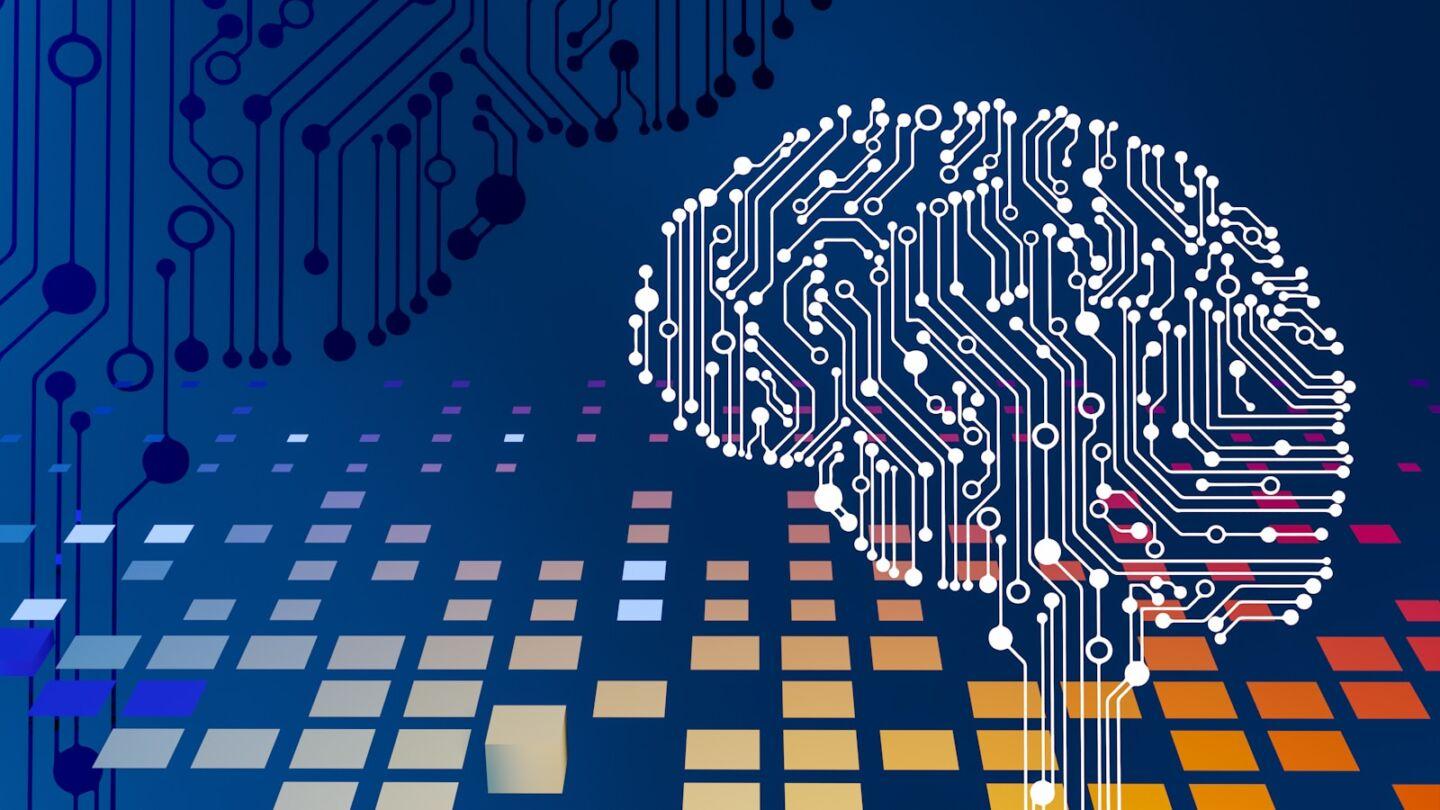Trust and observability in the age of AI-driven automation

The rapid progress in AI and LLM capabilities is steering us toward a future where intelligent automation is becoming a part of everyday life. AI agents are now capable of tackling complex, multi-step tasks, and are opening doors to revolutionary changes across industries. While some high-risk sectors such as healthcare may adopt these technologies at a slower rate, other sectors are poised for faster transformative shifts as automation redefines traditional workflows.
The power of large language models
Traditionally, automation was rule-based and limited in flexibility—tasks were broken into precise steps, making it effective but rigid, and challenging to scale across different situations. Large language models are changing this. They have the capability to perceive, interpret, and act on ambiguous or complex instructions, making it possible to address situations that would have previously required intricate programming or extensive rule-setting. For example, tasks like standardizing addresses in a spreadsheet. Before large language models, you’d have to write multiple parsing rules to deal with many nuances. Once a rigid rule-driven process, this can now be achieved by instructing an LLM to “clean up the addresses” streamlining the process, and significantly reducing the technical skill required to achieve a scalable outcome.
The era of autonomous AI agents
We are seeing a progression in the development of “AI agents”—intelligent systems that can perform long-range, multi-step tasks with minimal instruction and human intervention. These agents go beyond basic automation to execute entire processes that require decision-making and adapting next steps as conditions change. While human oversight will always be necessary to handle exceptions, the need for specialized oversight will decrease as these systems learn from feedback and become more intelligent. And as more industrial AI agents are brought to market, industries like finance and legal will benefit from unprecedented levels of automation.
Sector-specific and regional impacts of AI adoption
AI agents bring significant potential for boosting efficiency, but their adoption will vary across industries and regions. In high-risk sectors like healthcare, where the consequences of mistakes can be severe, the adoption of fully autonomous AI will be more cautious. Tasks involving patient care or clinical decisions demand near-perfect accuracy, a level that today’s AI fails to consistently achieve. Here, AI will act as a copilot, working alongside professionals to enhance their output through ideation, critical analysis, decision-making, and communication.
In contrast, sectors where errors carry less immediate risk—such as business analytics and document processing—will see broader and faster adoption of AI. Tasks that require analytical skills, like generating business intelligence reports or reviewing documents, can be increasingly automated, significantly reducing time and costs.
AI adoption is advancing globally, however despite all the buzz, at uneven speeds across regions and industries. While consumer-driven applications, like chatbots for students or productivity tools for professionals, are widespread, business adoption is more cautious. Companies are investing in trials and experiments, ensuring systems achieve a level of accuracy before fully deploying them. Achieving 70% accuracy in AI systems is often straightforward, but the push to reach higher levels requires significant time and resources, contributing to the varied pace of AI adoption across sectors and regions.
Key trends for IT leaders moving into 2025 and beyond
As AI continues to advance, a major trend for IT leaders is building trust in these powerful systems. Trust becomes the principal issue, especially as businesses adopt AI in high-value processes. Many technology companies are working to establish “trust layers” between themselves and foundational AI model providers, such as OpenAI, Anthropic, and Google. This trust framework aims to manage compliance risks and address uncertainties and liabilities associated with AI technology. Once foundational layers of trust are in place, we can expect AI adoption to expand across more industries, including high-stakes fields like healthcare. Until then, industries where precision is paramount will hesitate to fully embrace AI, underscoring the importance of trust in AI systems.
The future of observability with AI-driven automation and evolving job roles
Observability stands to gain immensely from AI-driven automation. Currently, identifying and resolving issues within complex systems relies heavily on skilled humans to analyze patterns and isolate root causes—a time-consuming process with combinatorial levels of complexity. With AI, observability can shift toward intelligent automation, where AI systems explore the space of hypothetical outcomes, using historical data and prior experiences to guide problem-solving, and eventually take corrective actions independently to mitigate and resolve them. This will streamline incident response, reducing reliance on human intuition and enabling faster response and resolution. As this transition unfolds, new roles will emerge that provide oversight and optimize AI-driven automation to strengthen and improve its utility.
As AI gains autonomy, job roles are evolving to support and enhance its learning. Specialists are needed to engineer model prompts and produce curated datasets that can fine-tune models and address unwanted behaviors. Data and AI engineers can bridge the gap between human expertise and machine learning, requiring AI skills and domain knowledge only afforded by human experts that AI needs to imitate. These roles demand a blend of deep experience, strategic thinking, and technical expertise to translate human skills into expert knowledge that models can absorb. As businesses invest in this process, they’re shaping a workforce that becomes integral to the future of smarter AI.
#AI #Automation #LLM #AIAgents #TechTrends
- Art
- Causes
- Crafts
- Dance
- Drinks
- Film
- Fitness
- Food
- Spiele
- Gardening
- Health
- Startseite
- Literature
- Music
- Networking
- Andere
- Party
- Religion
- Shopping
- Sports
- Theater
- Wellness


